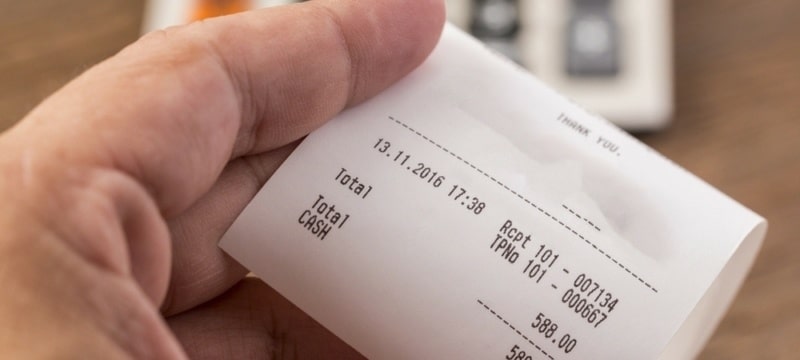This article was written by guest blogger Eva Rosenberg.
Did you know that some states—including Alaska, Delaware, Montana, New Hampshire, and Oregon—have no state sales taxes at all? On the other hand, some states have a complex variety of local sales taxes with which you may want to be familiar.
Deducting sales tax for a vehicle purchase
When you itemize your deductions (use Schedule A), you have a choice between deducting your sales taxes or the state income taxes you paid. Not both. That went out in the Tax Reform Act of 1986, although, for one year, in 2009, you were able to deduct the sales taxes on vehicles you bought.
Is it worth adding up all the receipts?
The IRS allows you to deduct sales taxes based on your income level, family size, and state of residence. You’ll find the sales tax tables in the instructions to Schedule A, pages 12-13. Can you do better than the IRS’s allowance?
I’ve seen eager, organized people who have saved all their receipts for the year. At the end of the year, they have an entire shopping bag full of receipts—and they add them all up. Do they come out better than the IRS’s sales tax tables?
Sometimes. The IRS’s tables are built on average shopping patterns for people at various income levels. If you or your family have a tendency to spend more money on taxable merchandise than the average family, save the receipts. Otherwise, you’re wasting your time.
However, when you prepare your tax return, be sure to let the software you’re using know the additional sales taxes charged in your area. The tax software has the state rates built in, but it should allow you to enter your local additional taxes.
For instance, the state sales tax rate in California can vary greatly. Living in Los Angeles County, I pay 9.75 percent. However, there are two or three cities within Los Angeles County that pay 10.75 percent. Do you see why it’s worthwhile to enter that adjustment? Look up the rate for your area on the Sales Tax Clearinghouse website, or on your state’s website, if you’re not sure what you’re paying.
TaxMama’s tip
Here’s a little secret about the sales tax versus state tax decision. When you deduct state income taxes and have a state income tax refund on the following year’s tax return, you must pay taxes on that refund.
However, if you deduct state sales taxes and have a state income tax refund the following year, you don’t pay tax on that refund.
Why? Because you never deducted state income taxes. So you don’t have to pay tax on refund if you never got a tax benefit from a deduction.






